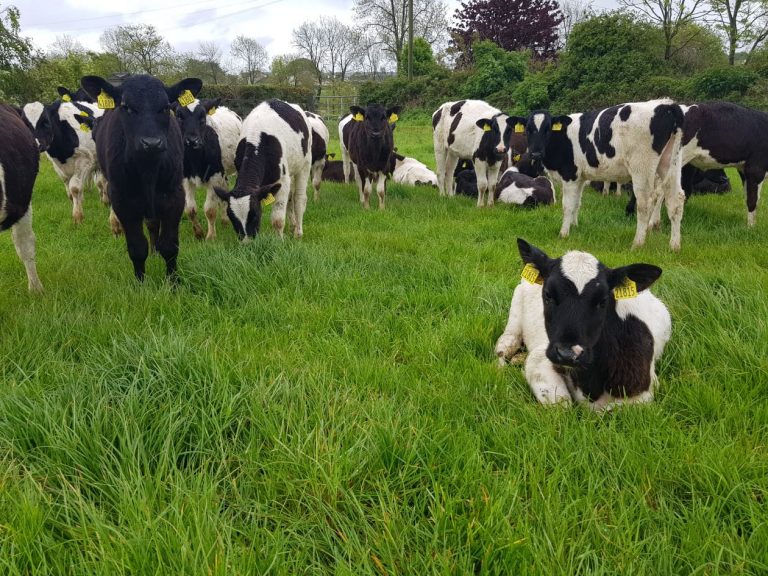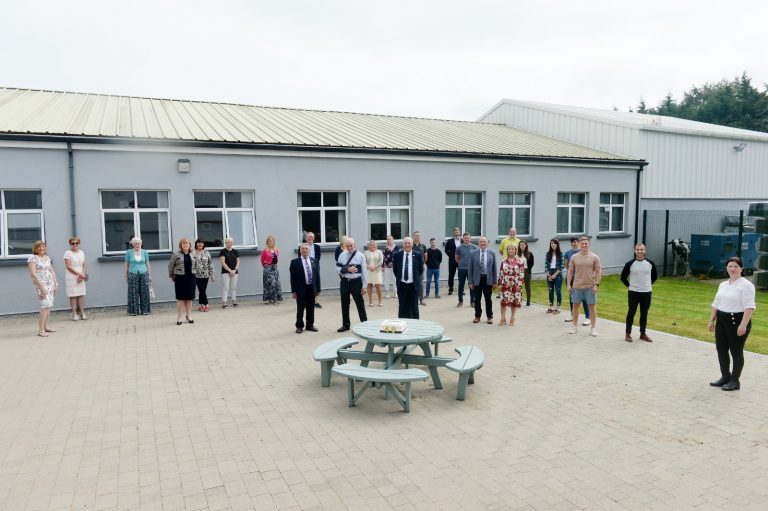Spring can quickly lead into Summer and farm jobs will move from calving, lambing and animal husbandry to grass management and making silage, hay and straw. With lots of activity and different tasks to be completed, farmers often rely on farm workers and contractors to undertake and complete key jobs on the farm.
During this busy time, communication is key. Good communication includes giving clear instructions and requests that are understood by the person receiving them, actively listening, asking questions and relaying information with ease. It also includes avoiding misunderstandings or being unclear. Farmers must prepare themselves and practice good communication skills when managing new or returning farm staff.
Introductory Conversation
Firstly, it is the farmer’s responsibility to have an introductory conversation with new farm staff and contractors. This should be done before they start any jobs. Depending on the role and responsibilities of the person, the farmer must outline essential information. This conversion should include the tasks they are expected to do, any safety information that needs to be pointed out and general rules of the farm. A farmer should also do a farm walk and demonstrate workings of machinery if necessary. We recommend that farmers take time in advance to think of key points and essential information about the farm or the task at hand. Write them out on paper, on a whiteboard or in a message for reference.
It is also important to listen and answer any questions that a farm worker or contactor may have. Encourage them to raise any concerns at this initial stage as it will benefit both parties in the long run. It also gives the farm worker or contractor a chance to clarify an expectation set by the farmer. This is important as it will save time going forward.
Be Covid Aware
With current Government guidelines in place for Covid 19, we encourage farmers, farm workers and contractors to adhere fully to these. Where possible, use the phone to discuss any jobs that need to be completed. Send pictures or short video demonstrations to explain what needs to be done. Ensure the line is clear and the sound and picture quality are good. Also, sending a pin location of a field will be useful if the worker is not sure where they are going.
If you must be present to introduce the worker or contractor, keep to the Covid 19 guidelines. Always remain at least two meters apart and avoid enclosed spaces. Wear face masks and it is the farmers responsibility to have hand sanitiser stations around the farm.
We have developed a set of Covid-19 guidelines for farmers which are available on the FRS Farm Relief website: www.frsfarmreliefservices.ie/covid-19-guidelines-for-farmers/
Don’t let distractions deter you
It is essential to have the right environment for communication and conversions. Farms are busy places with lots of noise and activity. If the introductory conversation is taking place on the farm, it is important that both parties are paying full attention and are not distracted. No one should be trying to complete other tasks or be in an area with lots of external noise from machines or animals.
When communicating consider different personality types and the best ways to communicate. Many people are visual learners and will learn best by observing, pictures or diagrams. Others are auditory learners who learn best by listening and repeating information. Kinesthetic learners learn best from a hands-on approach. Farmers can adapt these styles of learning for their farm. Farmers can do this through routine demonstrations, or perhaps a white board and a daily list and some diagrams which could be helpful.
Be Open
It is also beneficial to be open with staff about objectives, plans and the performance of your farm. Keep them up to date with what is happening and consider asking their opinion for any changes. This will help them feel that their work is valued and help build trust. Being open with plans may also mean that farm staff are more aware of what is happening on the farm, be able to detect small changes that will help, or be able to research certain ideas.
Lastly, farmers can also consider carrying out reviews of work carried out on the farm. A performance review or feedback can help keep motivation up, address any issues or personal challenges that either party may have. A review is also a good opportunity to chat about potential business improvements or new processes.
If you require help this Spring or Summer, contact your local FRS Office. FRS have a range of skilled operators available. Visit www.frsfarmrelief.ie for more information.
Yoast SEO
Toggle panel: Yoast SEO




